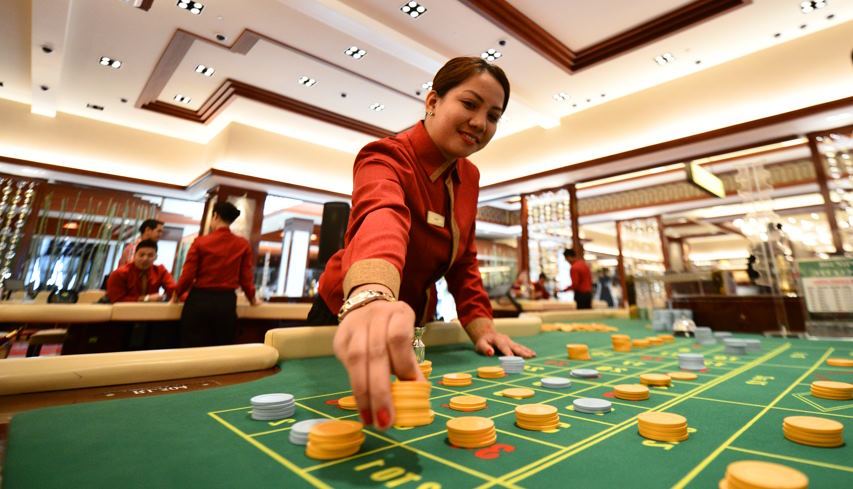The Role of Gambling in Tourism: How it Impacts Local Economies
Gambling has become an increasingly popular form of entertainment and a significant source of revenue for many destinations worldwide. That is why it is seen that gambling influences local economies in the tourism industry to great extent. From Las Vegas to Macau, casinos have become major tourist attractions that draw in millions of visitors each year.
Economic Impact of Gambling on Tourism:-
There exist many economic benefits of gambling tourism that are seen in many destinations worldwide. Casinos and other gambling establishments create jobs and generate revenue for the local economy. They also attract visitors who spend money on lodging, food, and entertainment, creating a multiplier effect that boosts the economy.
In addition, gambling tourism can help to diversify a destination’s economy. For example, some destinations that were once heavily dependent on agriculture or manufacturing have turned to gamble to supplement their income. This can help to create a more stable and sustainable economy.

Social Impact of Gambling on Tourism:-
While gambling can have a positive impact on the economy, it can also have negative social implications. For example, gambling addiction can lead to financial ruin and other social problems. In addition, gambling can attract criminal elements to a destination, leading to an increase in crime.
Another social concern is the impact of gambling on families. When an individual spends money on gambling, they may have less money available to support their families. This can lead to financial strain and other social problems.

Regulating Gambling in Tourism:-
To address the social concern associated with gambling, many destinations have implemented regulations to ensure that casinos and other gambling establishments operate fairly. For example, many destinations require casinos to implement measures to prevent problem gambling, such as self-exclusion programs and responsible gambling advertising. In addition, many destinations have implemented regulations to prevent criminal activity associated with gambling, such as money laundering and organized crime.
We have seen the role of gambling in boosting tourism economics in the above article. To conclude the article, gambling plays an important role in tourism and can have a significant impact on local economies. However, recognizing that gambling can also have negative social implications is important.
By balancing the economic benefits of gambling with the need to protect individuals and families from harm, destinations can create a sustainable and thriving tourism industry.

